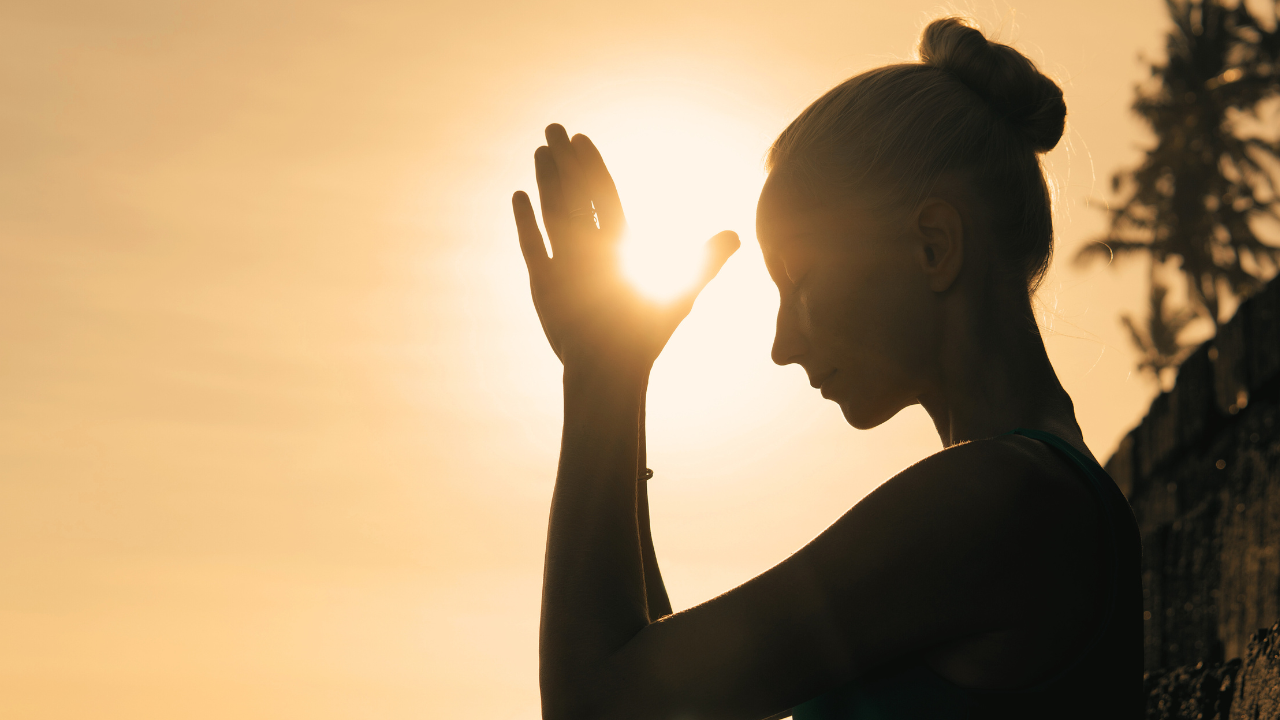
The Side Effects of Meditation: Why Cleansing Comes First
Meditation is widely celebrated for reducing stress, improving emotional health, and enhancing overall wellbeing. Yet, it’s important to recognize that the side effects of meditation are real and deserve attention. Just as physical detoxes can cause temporary discomfort before healing, meditation can bring suppressed emotions and psychological issues to the surface. This phenomenon has been documented in scientific studies, and it highlights the need for proper preparation before deep meditation.
In his profound book “Beyond the Mind: The Golden Lotus Sutras on Meditation,” Master Choa Kok Sui wrote:
“People in general are psychologically constipated. Before you do meditation, you must do cleansing to minimise psychological catharsis.”
This insight aligns with modern psychological research revealing that meditation can sometimes provoke negative experiences, especially without proper guidance or preparation.
What Are the Side Effects of Meditation?
For many beginners and even some seasoned meditators, it can be surprising to face the darker side of inner stillness. A 2017 review published in PLOS ONE by Lindahl and colleagues explored a range of meditation-related challenges among Western practitioners. The study found that meditation can sometimes trigger difficult emotional and psychological experiences such as:
- Surfacing of painful or unresolved emotions
- Heightened anxiety or restlessness
- Disruption in sleep patterns
- Emotional outbursts or mood swings
- Feelings of confusion or disorientation
These reactions, often referred to as “meditation-related difficulties” or “adverse effects,” do not mean the practice is inherently harmful. Rather, they suggest that meditation can bring subconscious material to the surface—and this emotional “detox” requires thoughtful preparation and support.
For beginners and those seeking a gentle yet powerful approach, Meditation on Twin Hearts is highly recommended. This guided meditation opens the heart and crown chakras, cleansing negative energy and promoting loving-kindness, which helps stabilize emotions during practice.
The Importance of Cleansing Before Meditation
Master Choa Kok Sui emphasized that energetic hygiene is as important as physical hygiene. For advanced spiritual practitioners, cleansing the emotional and mental bodies before meditation minimizes intense psychological catharsis, creating a safer and more balanced experience.
Some effective cleansing methods include:
- Physical exercises: There are certain simple exercises that help open up your meridians and joints, to enable free movement of energy.
- Pranic Psychotherapy: A technique within Pranic Healing shown to help release deep-seated emotional blockages.
- Self-Healing: Regular self-applied pranic healing balances the aura and chakras, fostering emotional stability.
- Salt Baths: Used to cleanse the energy body and reduce anxiety
- Forgiveness Practice: Scientifically linked to better emotional health and less stress (Toussaint et al., 2015).
- Breathing Techniques: Breathing techniques are shown to calm the nervous system and regulate emotions.
- Arhatic Yoga Purification Rituals: These comprehensive spiritual practices include physical exercises and energetic cleansing, minimizing inner turbulence during meditation. Read about Arhatic Yoga here)
- Chanting: Chanting “Om” or “Amen” also has a purifying effect and can be practised before meditating.
Think of these as preparing the mind and spirit, like sweeping the floor before a prayer.
The Path Forward: Cleansing + Meditation
Meditation is a doorway to inner peace and self-awareness—but only if the path is cleared. Skipping cleansing is like diving into deep waters without a life jacket.
If you’ve experienced anxiety or confusion after meditation, you’re not alone. These experiences indicate you are ready to release old baggage, but gradual and supported letting go is essential.
Before your next meditation session, pause and cleanse your inner space. The meditation experience post cleansing is totally worth it.
References:
- Lindahl, J. R., et al. (2017). The varieties of contemplative experience: A mixed-methods study of meditation-related challenges in Western Buddhists. PLOS ONE.
- Toussaint, L., et al. (2015). Forgiveness and health: A review of evidence and implications for practice. Springer.
